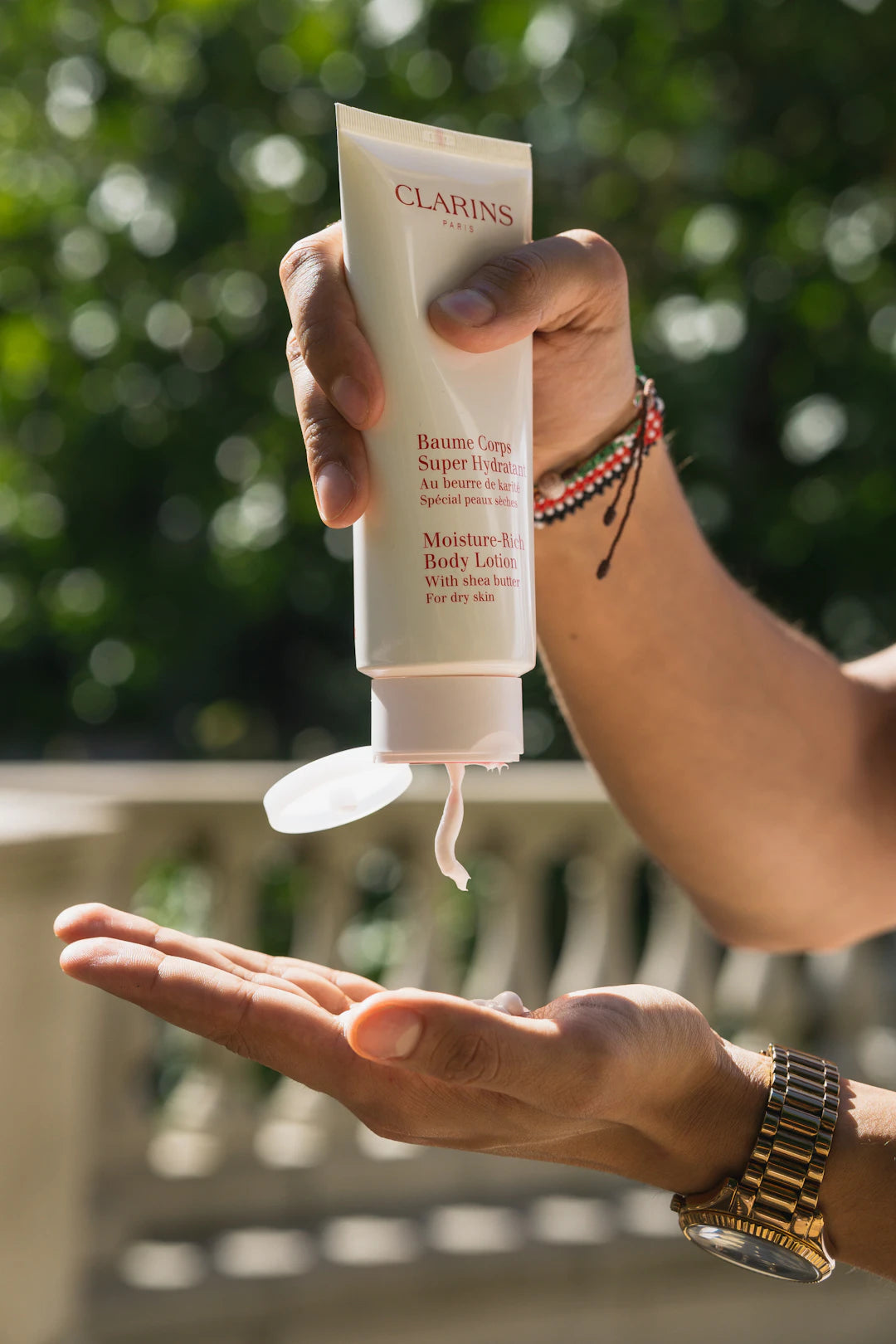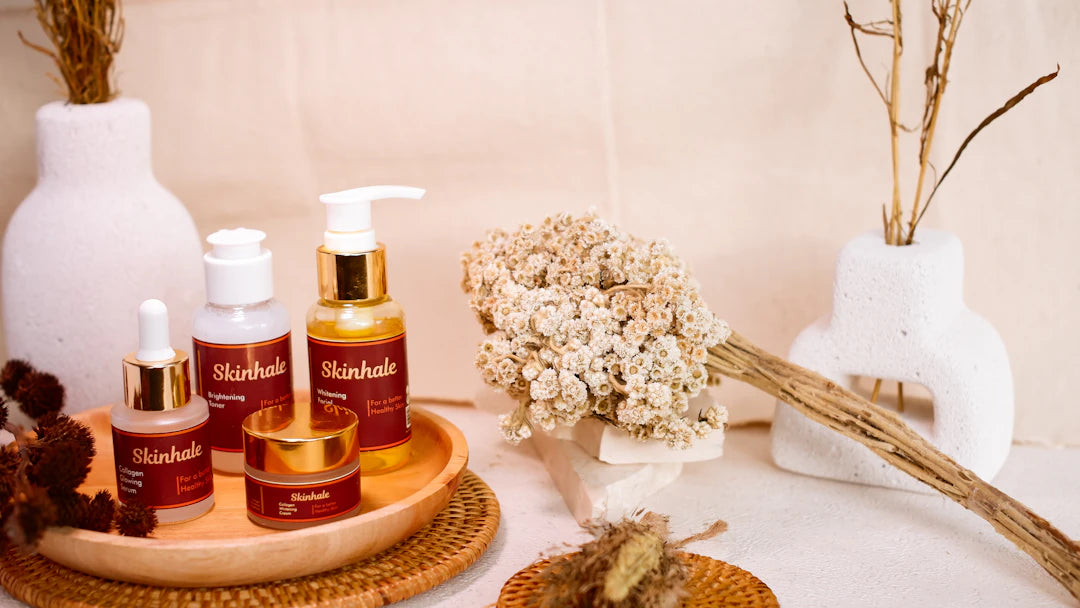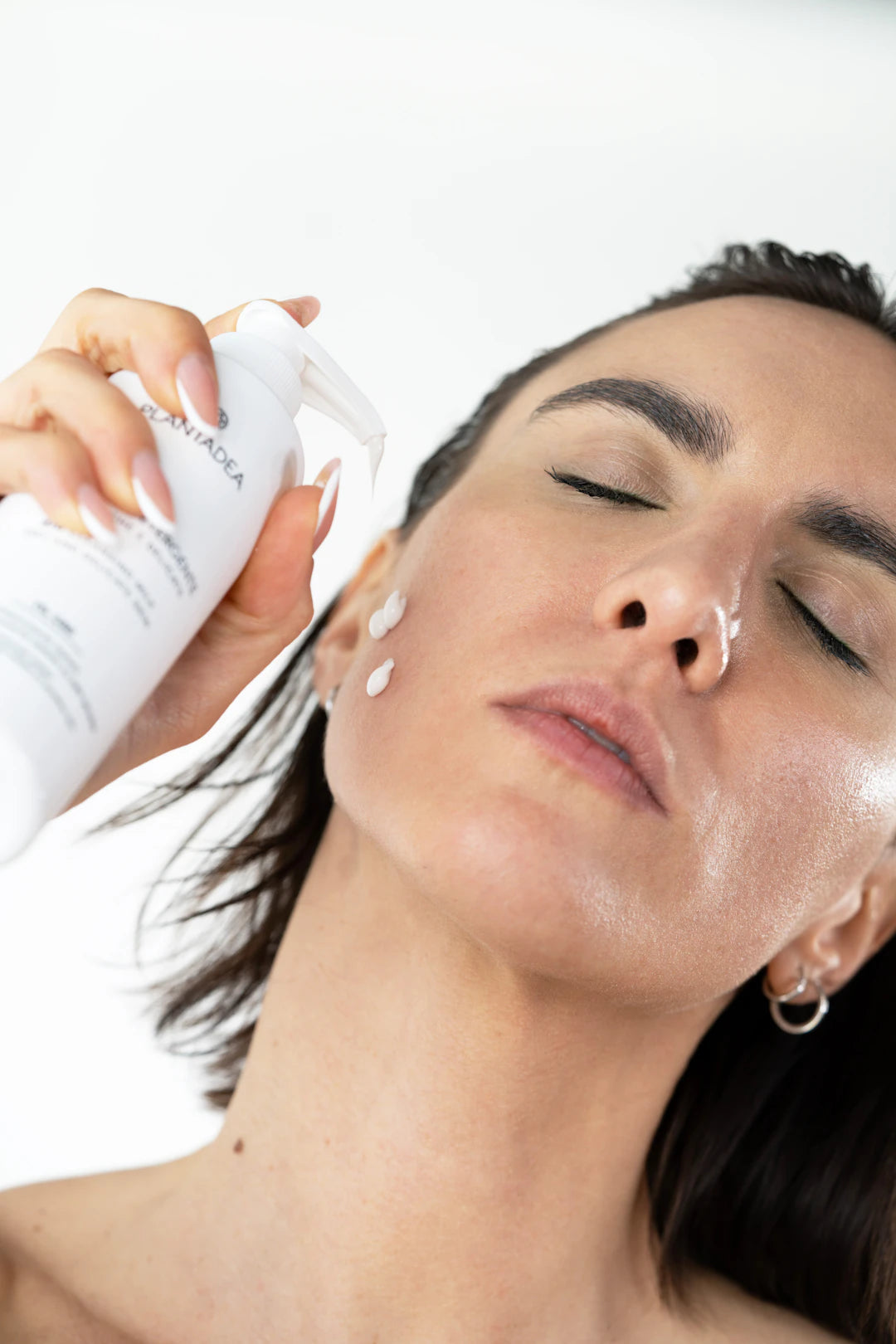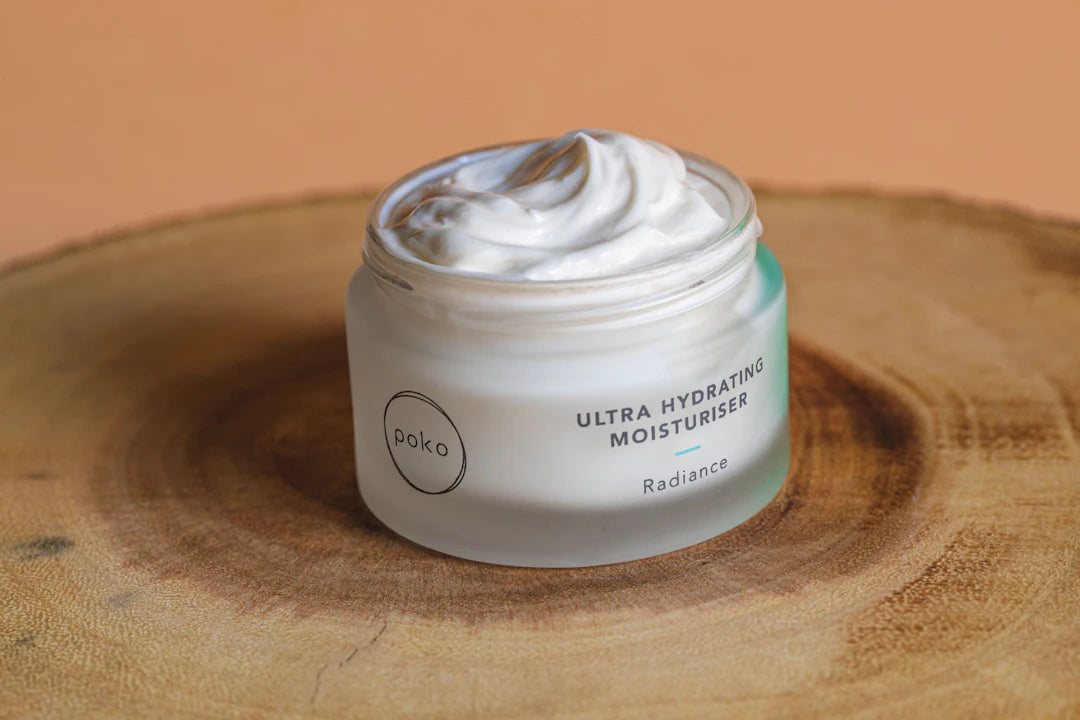The Essential Guide to Moisturizing for Healthy Skin

Overview
Moisturizing is essential for all skin types to maintain hydration, prevent dryness, and promote a youthful appearance. It benefits oily, dry, combination, sensitive, and acne-prone skin by protecting the moisture barrier and enhancing skin health. Incorporate moisturizing into your daily skincare routine and adjust based on seasonal changes for optimal results. Don't skip this crucial step to avoid issues like fine lines, dryness, and increased sensitivity. Choose the right moisturizer with beneficial ingredients tailored to your specific needs for healthier skin.
Frequently Asked Questions
1. Why is moisturizing important for my skin?
2. Can people with oily skin skip moisturizing?
3. What should I look for in a moisturizer if I have sensitive skin?
4. How often should I moisturize?
5. What are some key ingredients to look for in a moisturizer?
When it comes to maintaining skin health, few practices are as crucial as moisturizing. Regardless of your skin type, hydration plays a pivotal role in keeping your skin looking vibrant and youthful. Many people often overlook the importance of a good moisturizer, believing only those with dry skin need it. However, moisturizing is vital for everyone—from oily to combination skin types. In this article, we'll delve into why moisturizing is essential and how it supports various skin needs, including acne-prone skin care and antiaging solutions.
Understanding the Role of Moisturizers
Moisturizers are skincare products designed to keep your skin hydrated and supple. They work by trapping moisture in the skin and preventing it from evaporating. This is particularly important as environmental factors, aging, and skin conditions can all deplete the natural moisture barrier.
Here’s a closer look at how moisturizers function:
- Hydration: Replenishes moisture and helps maintain skin elasticity.
- Protection: Acts as a barrier against environmental aggressors.
- Soothing: Calms irritation and redness, especially in sensitive skin.
- Antiaging: Reduces the appearance of fine lines and wrinkles by keeping the skin plump.
Why Moisturizing Matters for All Skin Types
Oily Skin
Many people with oily skin mistakenly believe they should skip moisturizing. In reality, failing to hydrate can lead to even more oil production as your skin tries to compensate for the lack of moisture. Choosing a lightweight, oil-free moisturizer can help maintain balance while providing the necessary hydration.
Dry Skin
If you have dry skin, moisturizing is non-negotiable. Look for thicker creams or lotions that provide deep hydration and contain ingredients like hyaluronic acid or glycerin to lock in moisture. Regular moisturizing can help soothe dry patches and prevent flaky skin.
Combination Skin
Those with combination skin often find it challenging to maintain a proper moisture balance due to oily areas on the T-zone and dryness on the cheeks. A gel-based moisturizer could be an ideal choice, offering hydration without leaving an oily residue in the T-zone.
Sensitive Skin
If you have sensitive skin, it’s essential to choose a moisturizer that excludes common irritants. Look for hypoallergenic formulas enriched with calming ingredients like aloe vera and chamomile. Regular moisturizing can help maintain the barrier function of your skin, reducing irritation and flare-ups.
Acne-Prone Skin
Even those with acne-prone skin care routines must prioritize moisturizing. The key is to select a non-comedogenic formula that won’t clog pores. A well-formulated moisturizer can aid in balancing oil production and preventing future breakouts, making it a crucial step in your skincare regimen.
Moisturizing in Your Daily Skincare Routine
A consistent daily skincare routine that incorporates moisturizing can have lasting benefits for your skin. Here’s a simple guideline to help you incorporate moisturizing effectively:
- Cleanse: Start your routine with a gentle cleanser suited for your skin type to remove impurities.
- Tone: If you use a toner, apply it next to help balance your skin's pH level.
- Moisturize: Apply your moisturizer while your skin is still slightly damp. This helps lock in moisture.
- Protect: In the morning, don’t forget to apply a broad-spectrum sunscreen to protect your skin from UV damage.
Recognizing Signs of Dehydration
Sometimes, skin can appear dull, tight, or flaky even if you're using a moisturizer. Understanding the signs of dehydration is key to rectifying the issue:
- Visible dryness or flakiness
- Itchiness or tightness
- Lack of radiance and glow
- Increased sensitivity or redness
Should you notice these signs, it might be time to reassess your moisturizer or even increase its application. In colder climates, your skin may require more hydration due to environmental stressors. Consider switching to a cream-based formulation during winter months for added protection.
Active Ingredients to Look for in Moisturizers
When selecting the right moisturizer, familiarize yourself with beneficial ingredients that cater to your skin's needs:
- Hyaluronic Acid: Ideal for retaining moisture and providing plumpness.
- Glycerin: A powerful humectant that helps draw moisture into the skin.
- Shea Butter: Great for nourishing and soothing dry skin.
- Aloe Vera: Calming properties make it perfect for sensitive or irritated skin.
- Peptides: Helpful in stimulating collagen production for antiaging effects.
Remember to choose products that resonate with your specific skin type and individual needs. It’s imperative to read labels and understand what’s inside your moisturizer to ensure its effectiveness.
The Impact of Seasons on Your Skin
Your skin's needs can change with the seasons. Understanding these changes can help you adjust your moisturizing techniques accordingly. Here are some seasonal tips:
Winter
During the winter months, cold air coupled with indoor heating can deplete your skin's moisture levels. Switch to a richer, cream-based moisturizer, and consider layered protection with facial oils to maintain hydration. Don’t forget to apply your moisturizer more frequently to combat dry skin.
Summer
In the summer, your skin may require lighter formulations. Look for gel-based moisturizers that won't leave a heavy residue combined with plenty of sunscreen to protect your skin.
Transition Seasons
Spring and fall involve fluctuations in climate. Be ready to adjust your moisturizer based on humidity levels. If skin feels dry, consider using a richer formula; conversely, if it's too humid, stick with something lighter.
Why You Shouldn't Skip Moisturizing
With so many skincare steps to juggle, it can be easy to overlook the crucial act of moisturizing. However, neglecting this essential step can lead to multiple skin issues:
- Increased appearance of fine lines and wrinkles.
- Dry patches and uneven texture.
- Heightened sensitivity and irritation.
- Worsening of acne-prone skin conditions.
Ultimately, moisturizing helps maintain the skin's barrier function, ensuring your skin looks and feels its best at all times. Whether you're pursuing antiaging benefits or managing acne-prone skin care, the right moisturizer is your ally in achieving lasting results.
Elevate Your Skincare with Moisturizing
Incorporating a suitable moisturizer into your daily routine isn’t just about pampering yourself; it’s about prioritizing your skin health. Investing in a quality product tailored to your skin type can unravel a pathway to glowing, hydrated, and youthful skin. Remember, moisturizing is an essential step that no one should skip, no matter the skin challenges you face. Embrace the ritual of moisturizing and unlock the full potential of your skincare journey for happier, healthier skin!
Linked Product

Hydrate & Protect Bundle
The Hydrate & Protect Bundle combines a hyaluronic acid serum with a broad-spectrum SPF, making it a practical choice for summer skincare. The serum effectively maintains skin hydration, while the lightweight sunscreen offers essential protection against UV rays. Together, they help keep skin healthy and resilient during warmer months.
View Product

